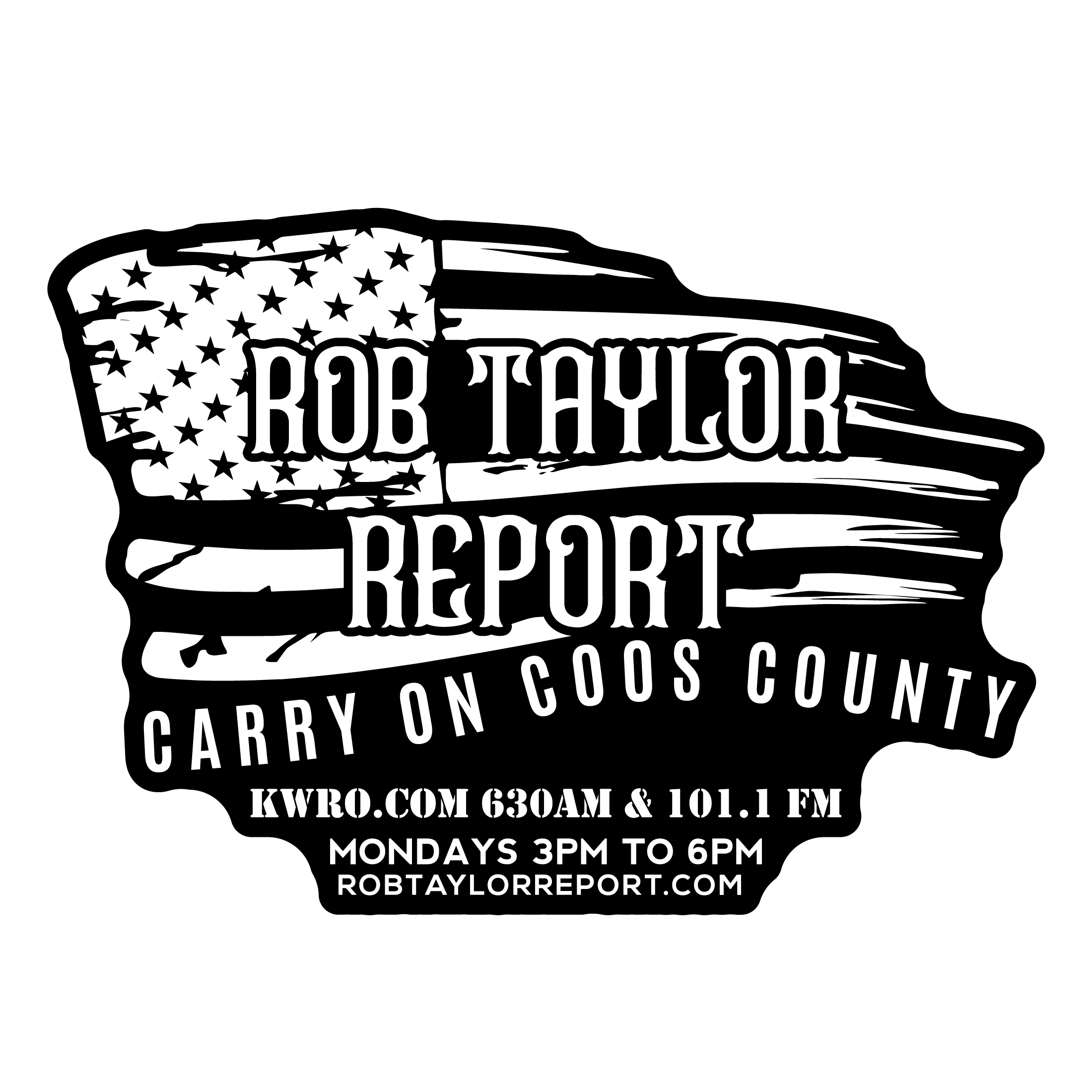Beaver Hill Mine Historical Marker to be Dedicated in Coos County
News Release from Oregon Travel Information Council
June 8th, 2022, 1:30 PM
[Coos County] On Saturday, June 18, 2022 at 11 a.m., in the Coquille Valley Wildlife Area at the entrance to the ODFW Beaver Slough parking lot, the Oregon Historical Marker Program will dedicate a new marker that tells the story of Beaver Hill, a diverse coal mining town that developed in Coos County between 1894 and 1926.
Coal was first discovered in Coos County in 1853, and several mines opened before R. A. Graham and J. D. Spreckles and Brother Co. of San Francisco decided to run a spur of their railroad, the Coos Bay, Roseburg and Eastern, to a hill near Beaver Slough. The railroad reached Beaver Hill on August 22, 1894, and construction of houses and a store quickly got underway. The company town prospered between 1894 and 1926 with a diverse population of Italian, Black, Greek, Irish, Scotch, English, Mexican, Scandinavian, Austrian, Chinese, and Japanese miners and their families.
Black miners were recruited from the coal fields of West Virginia, many arriving in late December 1894 with families only to find the terms of their employment had been grossly misrepresented and Coos County residents helped them return East. Later, many Black miners traveled between collieries in Washington and the mine at Beaver Hill. In the 1890s when the state’s Black population numbered around 1,000, Beaver Hill had over 100 Black residents.
The story of the mine brings to light Oregon’s complex history with Black residents and the resilience Black miners exhibited.
Zachary Stocks, Executive Director of the Oregon Black Pioneers describes the significance of the Beaver Hill marker: “The Beaver Hill story highlights an important site in Oregon’s early industrial history. It is also an opportunity to reflect on Oregon’s African American history. The Beaver Hill community represents a rare part of the state where Black people made up as much as 20% of the area’s population. Through the photographs of the mine and its workers, it is clear that Black and white miners worked together side by side despite descriptions of rampant discrimination. Examining the racial boundaries that existed in Beaver Hill at the turn of the last century demonstrates another example of how Oregon struggled with racial equality, and the obstacles that Black Oregonians have had to endure to make a life for themselves in our state.”
Marcia Hart, director of the Coos History Museum adds, “We were pleased to have the opportunity to work with the Oregon Black Pioneers, Coquille Valley Museum, the Coquille Indian Tribe, and local tourism groups to document the history of Beaver Hill Mine at a site overlooking the former mine. Residents and tourists can now stop and learn about this lesser-known piece of Oregon’s history.” Hart adds, “Connecting people to the past is our mission, and we invite everyone to learn more about Coos County history by visiting Coos History Museum, Coquille Valley Museum, and Bandon Historical Society Museum.”
This marker was created in coordination with representatives from Oregon Black Pioneers, Coos History Museum, Coquille Indian Tribe, Coquille Valley Historical Society, the Oregon Remembrance Project, and Oregon Department of Fish & Wildlife, with funding from the Oregon Coast Visitors Association and Travel Southern Oregon Coast.
The event is free and open to the public. Speakers include representatives from Coos History Museum, Coquille Valley Historical Society, and the Travel Information Council. The marker is located in the Coquille Valley Wildlife Area at the entrance to the ODFW Beaver Slough Parking Lot off North Bank Rd between Hwy 101 and Hwy 42 in Coos County. Parking is limited and carpooling to the event is encouraged.
The dedication is part of a larger Juneteenth Celebration in Coos Bay. To learn more about the celebration and for a schedule of events, visit: https://cooshistory.org/juneteenth-celebration/
The Oregon Historical Marker Program is administered by the Oregon Travel Information Council and a committee of dedicated volunteers from across the state. Oregon Historical Markers are designed to encourage motorists to stop and explore the state’s diverse regional history, culture, and geology. For more information regarding the Historical Marker program visit https://oregontic.com/oregon-historical-markers
Contact Info:
Oregon Travel Information Council
Beth Dehn
(503) 580-6028
Beth.dehn@tic.oregon.gov
